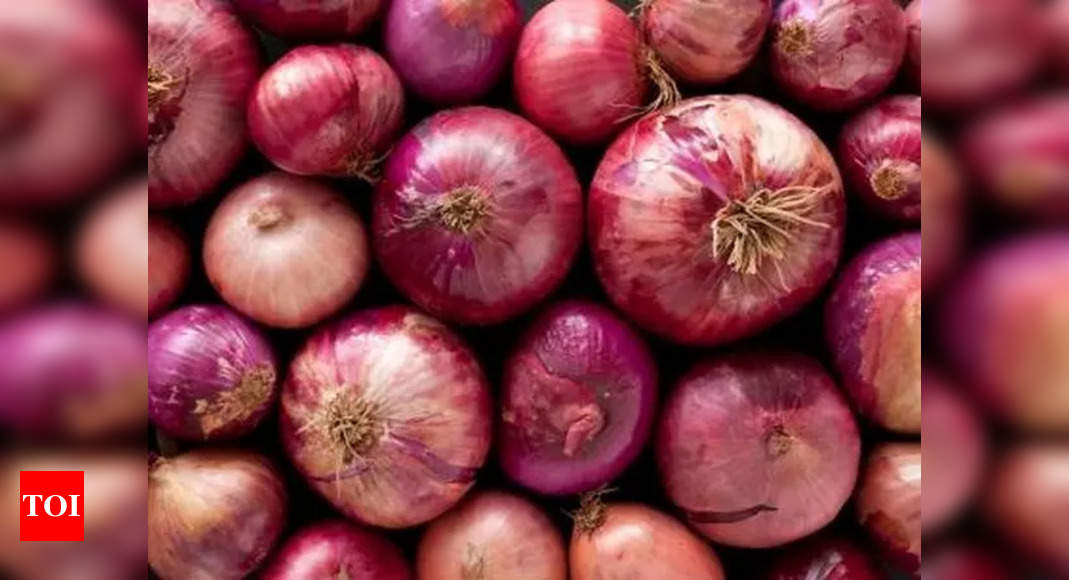The Indian government has decided to impose a 40% export duty on onions in order to ensure sufficient availability of the vegetable in the domestic market and prevent price hikes during the upcoming festive season. This measure will be in effect until December 31, 2023. It is the first time the export duty has been imposed, following a trend of unusually high onion exports this year. Previously, the government had banned onion exports from September to December 2020 and implemented a minimum export price in 2019.
This decision comes after official data revealed that retail inflation, as measured by the consumer price index, rose to a 15-month high of 7.4% in July, compared to 4.9% in the previous month. Indian Prime Minister Narendra Modi, in his Independence Day speech, had promised to take measures to control inflation and reduce the burden on citizens.
Officials stated that onion exports have been exceptionally high this year, with around 8.2 lakh tonnes exported in the January-March period, compared to 3.8 lakh tonnes in the same period last year. In order to increase the availability of onions in the domestic market, especially during the upcoming festival season, the government has decided to impose a 40% duty on onion exports, according to Union consumer affairs secretary Rohit Kumar Singh.
The average retail price of onions has already increased to Rs 30 per kg compared to Rs 25 per kg a month ago. This rise in prices is attributed to sluggish kharif sowing due to delayed monsoon arrival in key onion-producing states like Maharashtra and Karnataka. Additionally, the shelf-life of stored rabi crops has been impacted by unseasonal rains in April in Maharashtra and Karnataka, which led to high moisture content. There are also quality issues with the onion produce. Although onion production is marginally lower this year at 31 million tonnes compared to 31.7 million tonnes last year, the supply has been affected.
The benchmark price of onions at Lasalgaon in Maharashtra, which is Asia’s largest onion mandi (market), increased by 50% to Rs 2,050 per quintal on Saturday from Rs 1,370 per quintal on August 2.
To know more, you can read the full article here.











